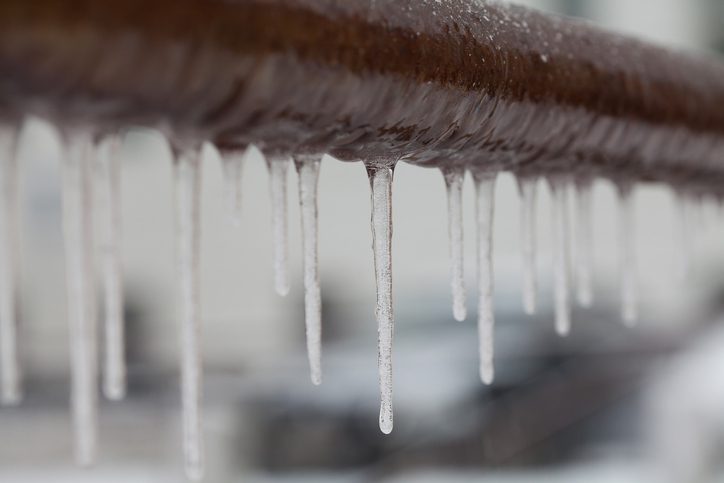Allianz urges businesses to protect their pipes from freezing

Authored by Allianz
With businesses turning the heating down or off to keep their energy costs down, Allianz Commercial is sharing tips on how to prevent water pipes and storage tanks from freezing and bursting during the winter months.
Along with leaks and flooding, burst pipes are a common cause of water damage. Allianz data shows that the cost of an escape of water claim in a commercial property last winter was on average £5,330. This type of incident can be very disruptive for a business, as affected areas need to be dried out – which can take weeks – before repairs can start.
Although businesses get a discount this winter on gas and electricity unit prices, those prices are still double what they were in October 2021. Rising costs are affecting 89% of small firms, according to the Federation of Small Businesses (FSB), with utilities and fuel as the primary cost factors.
In this context, some pubs have considered closing for the cold season, while other businesses are looking at their heating costs. These steps come with some risks that need to be mitigated.
To stop pipes from freezing, businesses should consider:
Lagging their pipes or having low-level heating near exposed pipework and tanks; keeping the thermostat at 12°C or 13°C maintains a consistent heat level that stops pipes from getting too coldEnsuring a frost stat is fitted in areas vulnerable to freezing temperaturesShutting and draining the water system in unused areas but keeping sprinkler systems active and suitably protected from freezingFollowing manufacturer guidelines for shutting down and restarting the heating
While some businesses might contemplate alternative means of heating, they should avoid portable heating, wood burning stoves, waste oil heaters or other appliances which can create increased fire hazards. In the first instance, it’s important to discuss the options with their broker or insurer. If they decide on alternative heating, these should be fixed, purpose-designed systems, installed and maintained by a competent person and operated according to the manufacturer’s guidelines. All heating appliances should be positioned clear of combustible materials. Surplus fuel supplies should be stored separately, spillage controls in place and refuelling and cleaning carried out according to manufacturer guidelines.
Stuart Daws, head of loss control engineering at Allianz, said: “With record-level inflation, businesses are bracing for a harsh winter. Of course, they should be looking at energy savings, but they should do so in a safe way so as to protect themselves from unwittingly introducing other risks and hazards which could lead to damage and disruption.”





